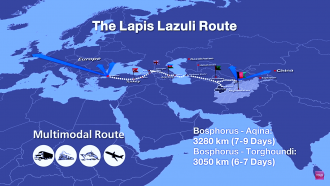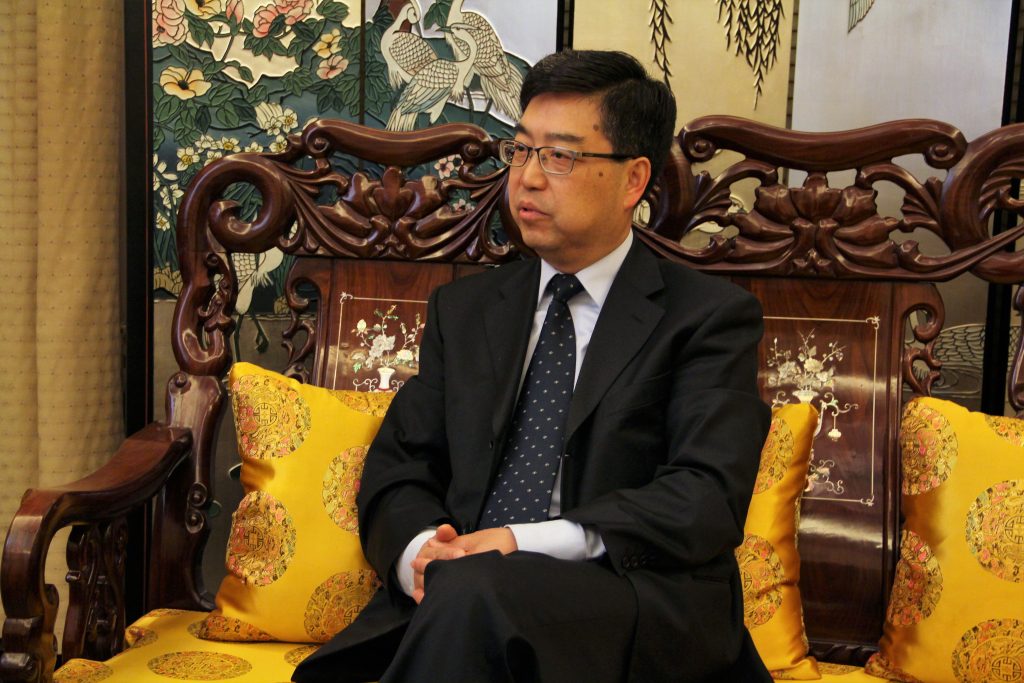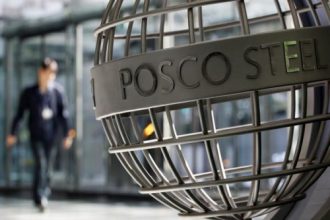
Trade partners of Georgia
The number of trade partners of Georgia has increased during the past decade which mostly was the result of signing an Association Agreement between…
Read More
The number of trade partners of Georgia has increased during the past decade which mostly was the result of signing an Association Agreement between…
Read More
Agricultural traditions are the main part of Georgian cultural heritage and mentality, as long as favorable climate with fertile soil make it one of…
Read More
On November 15, after three years of technical talks, during the 7th Regional Economic Cooperation Conference on Afghanistan (RECCA-VII) in Ashgabat, Turkmenistan was signed…
Read More
On October 30, 2017, the ceremony on departure of the Baku-Tbilisi-Kars (BTK) railway line’s first train from New Baku International Sea Port will be…
Read More
Perspectives of Economic Relationships Between Georgia and China On June 9, Georgia celebrates 25th anniversary of diplomatic relations with China. BUSINESS GEORGIA offers an…
Read More
South Korea’s largest multinational steel-making company POSCO is showing an interest in investing hundreds of millions of dollars in Georgia. Company representatives visited Tbilisi…
Read More
3 weeks of chaos around Brexit – exchange markets are trying to figure out the results of the historical UK EU referendum. Sales of…
Read More
The eurozone’s reputation as the laggard of the global economy appeared to be overly pessimistic, after revised figures showed annual GDP growth in the…
Read MoreWithin the frame of the EU financial and technical assistance, the European Bank for Reconstruction and Development (EBRD) will allocate 50 million USD to…
Read MoreH.E.Giorgi Kvirikashvili, Prime Minister of Georgia and H.E. Andrej Kiska, President of Slovakia opened the Georgia-Slovakia Business Forum, which was attended by H.E. Nodar…
Read More